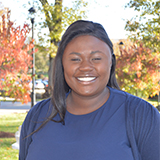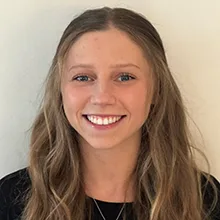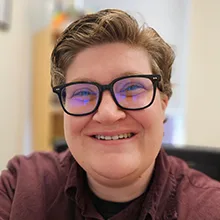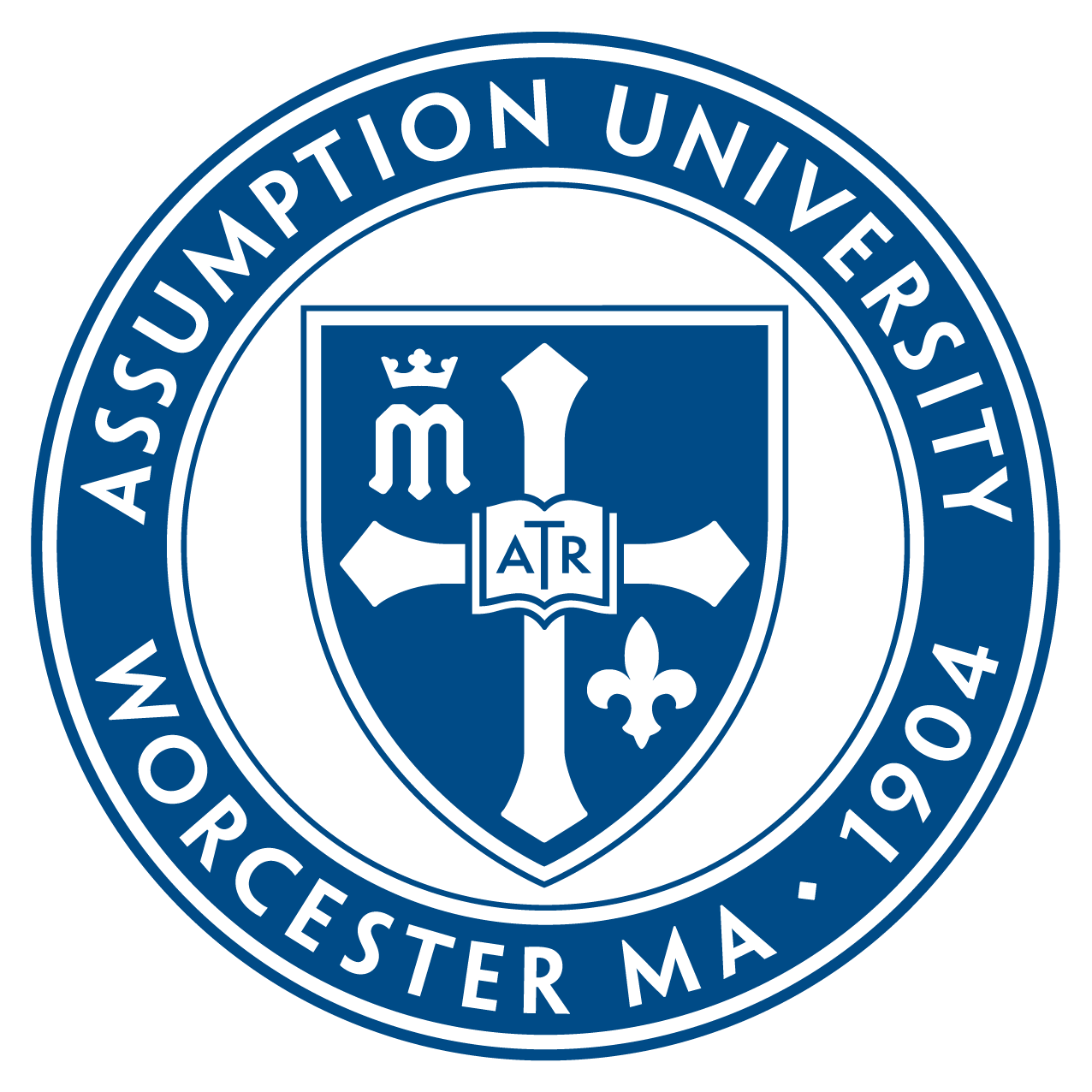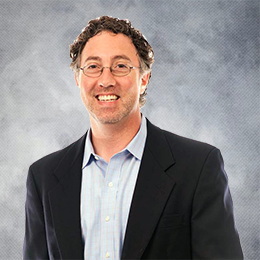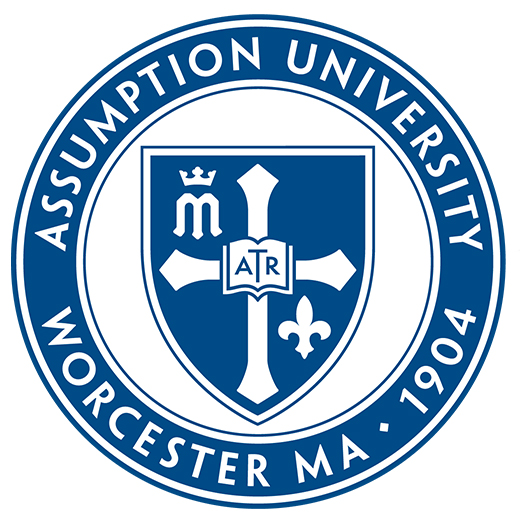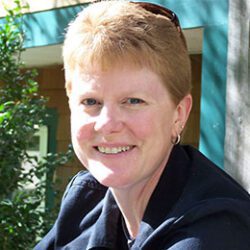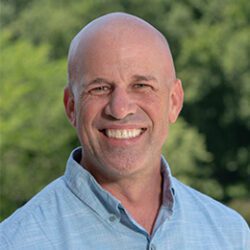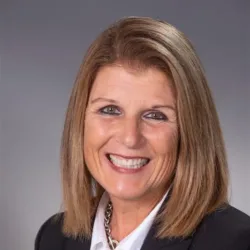We’ve been training competent, compassionate, and equity-minded rehabilitation counselors for over 50 years.
If you are just learning about rehabilitation counseling, I encourage you to view The Art of Rehabilitation. If you already know that rehabilitation counseling is right for you, I hope you will recognize the strengths of Assumption’s program: CACREP accredited 60-credit program, high exam pass rate, and online & online/campus blended program options. Please know that EVERY APPLICANT is invited for an interview after completing an application. The interview allows us to learn of your interests and strengths, while it allows you to explore the opportunities within our program so you are confident Assumption is the best fit for you before enrolling.Assumption University is excited to offer RSA Scholarships to students pursuing graduate level education in the Rehabilitation Counseling program.
Students who receive scholarships under this program are required to “pay back” their scholarship through paid employment after graduation in public agencies that support the state-federal rehabilitation program. Typical settings include State Vocational Rehabilitation agencies or non-profit organizations that have service arrangements (often in the form of contracts to provide services for) with State Vocational Rehabilitation agency. Federally funded agencies that provide rehabilitation services also meet the payback requirement. To be considered, master's students must be:-
- Accepted into the MA in Rehabilitation Counseling degree program
- Enrolled full-time in either the online (2 or 3 classes/semester) or blended program (4 classes/semester)
- Willing to complete the post-graduation work payback requirement*
Please view the videos below to learn more about Assumption’s Rehabilitation Counseling program.
Videos below include:- Rehabilitation Counseling Program Overview
- State Vocational Rehabilitation Agency Benefits
- Information for those interested in Addiction Counseling
- Military Friendly Institution – Working with Veteran’s
Graduate Virtual Information Sessions
Rehabilitation Counseling Program Contact
Graduate Admissions
Admissions Representative
Nicholas J. Cioe, Ph.D.
Associate Professor , Director of Rehabilitation Counseling, Coordinator of SMVF Program, Core Faculty Member in Rehabilitation Counseling
Ryan T. Paskins, Ph.D
Assistant Professor of Practice, Rehabilitation Counseling, Core Faculty Member in Rehabilitation Counseling
Faculty
Graduate Admission Events and Ways to Connect With Us
We invite you to learn more about our graduate programs - either through a visit to campus, attending an information session or by scheduling a phone or virtual conversation with an admissions team member or one of our program directors.
Admissions Requirements
General Graduate Studies Admissions Requirements
- Graduate Application
- Three Professional Letters of Recommendation
- Official Transcript(s)
- Personal Statement
- Current Resume
- TOEFL or IELTS for applicants whose native language is not English
- Interview
Rehabilitation Counseling-specific Requirements
The Rehabilitation Counseling admissions committee reserves the right to request additional material in support of the candidate’s application.Conditional Acceptance
In those cases where the applicant does not meet the requirement of 2.75 overall undergraduate GPA, the following applies: For those applicants with a 2.5 to 2.74 overall undergraduate GPA, acceptance may be given conditionally if other admissions criteria are met. For part-time students, the department will review the student's work at the completion of 4 courses and will make recommendations regarding the removal of the conditional status. For full-time students, such review will also occur after the completion of 4 courses. (Based on graduate policy as of this date, conditional status may be removed if the student achieves a grade of B or better in each of the courses taken).Application Information
- All documents, transcripts and other papers submitted for the admittance become property of the University and will not be returned.
- A student is not officially admitted or rejected until the Director of Graduate Enrollment has notified him/her. Applicants are notified of their status in writing.
- The Commonwealth of Massachusetts requires that health science students must be immunized against measles, mumps, rubella, diphtheria, tetanus and Hepatitis B.
Rehabilitation Counseling Program Awarded $3M in Major Grants
Assumption University’s Rehabilitation Counseling Program has been awarded three major grants from the Department of Education’s Rehabilitation Services Administration (RSA) totaling $3 million.
Scholarship Opportunities
Financial assistance in the form of scholarships are offered to qualified students in the Rehabilitation Counseling program. The Charles E. Soule Scholarship in Rehabilitation Counseling is funded by an endowment established by Unum Companies.
U.S. News Ranks Assumption’s Rehab Counseling Program among Best in Nation
Assumption’s graduate program in Rehabilitation Counseling is one of the Best Rehabilitation Counseling Programs, according to U.S. News & World Report. Assumption is among the top 50 Rehabilitation Counseling programs in the country.
Rehabilitation Counseling Dual Degree Program
Apply as a high school senior into the dual degree program with one application and, if admitted, you will be enrolled in both the undergraduate and graduate programs. You will also benefit from being considered for a $1,000 Dual Degree Scholarship (per year for your 4 undergraduate years). You will also be considered for a 10% Alumni Discount for every term you are enrolled at least part-time in your graduate program at Assumption. Learn more about all of the University's dual degree offerings.
American and NATO Veteran Reintegration: The Trauma of Social Isolation and Cultural Chasms
Assumption Professor of Human Services Gary Senecal, Ph.D., has recently published a book, American and NATO Veteran Reintegration: The Trauma of Social Isolation and Cultural Chasms (Lexington Books) that examines mental health issues among former American service members.
Assumption University Announced as Institutional Participant in SARA
The National Council for State Authorization Reciprocity Agreements (NC-SARA) was established to help expand students’ access to educational opportunities and ensure more efficient, consistent, and effective regulation of distance learning programs.
We do this by assuring students are well-served in a rapidly-changing education landscape, and to increase the quality and value of higher education credentials earned through distance learning programs.
Assumption University has been approved to participate in State Authorization Reciprocity Agreements.
Graduate Research Symposium
Assumption University Graduate School Annual Symposium showcases research, innovative projects, successful case study, and creative work of graduate students and recent alums from every graduate program. We offer all graduate students in every program an opportunity to present their excellent work on diverse topics.
Veterans at Assumption
Assumption University recognizes that servicemen and women have demonstrated great courage and made tremendous sacrifices in service to our nation and its people. The University has introduced a number of programs and services to assist veterans during the application process and while veterans are attending Assumption. We also have a lounge designated only for our veteran students. Assumption University is committed to maintaining recognition as a Military Friendly institution. We strive to eliminate barriers to success for our Service Members, Veterans, and their qualified dependents.



